Will airport alcohol curbs ruin a British tradition?
Government to crackdown on alcohol sales at airports after hundreds of incidents of drunken 'air rage'
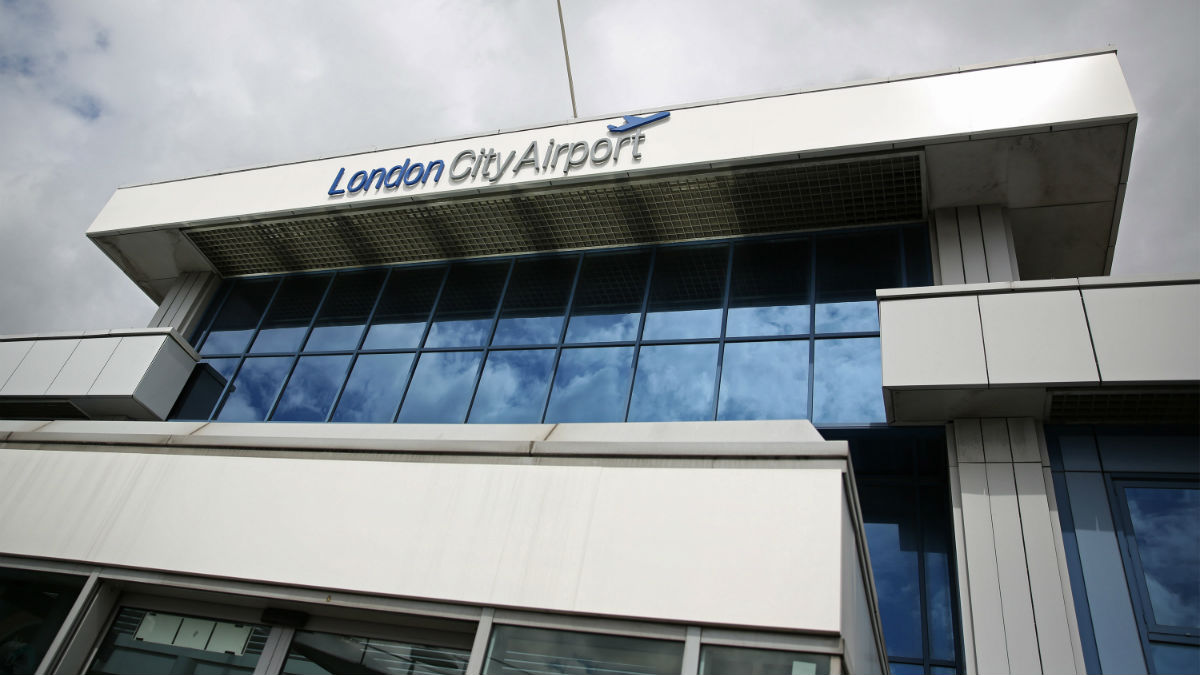
A free daily email with the biggest news stories of the day – and the best features from TheWeek.com
You are now subscribed
Your newsletter sign-up was successful
A spate of incidents involving drunken passengers on aeroplanes has triggered a government investigation into the way alcohol is sold at airports.
New figures show that at least 442 people were arrested on suspicion of being drunk on a plane out of Britain or at a British airport over the last two years. And worldwide, one aviation security expert estimates alcohol-fuelled air rage affects around 50 flights a day.
It has prompted Aviation Minister Lord Ahmad to consider looking at the times at which alcohol is on sale at airports and at the process for screening passengers before they get on a plane. “I don't think we want to kill merriment altogether, but I think it's important that passengers who board planes are also responsible,” he says.
The Week
Escape your echo chamber. Get the facts behind the news, plus analysis from multiple perspectives.

Sign up for The Week's Free Newsletters
From our morning news briefing to a weekly Good News Newsletter, get the best of The Week delivered directly to your inbox.
From our morning news briefing to a weekly Good News Newsletter, get the best of The Week delivered directly to your inbox.
But for many people, getting to and through an airport is one of the most stressful activities in everyday life, says The Independent's Simon Calder: "A beer, glass of wine or G&T before departure is both a reward for reaching the departure lounge and can soothe the nerves."
What is more, Calder adds, alcohol is lucrative for airports, and spending on drink helps keep handling charges down.
Drinking is a significant part of the British holiday experience, says the Daily Telegraph’s Nigel Richardson. "It's every Brit's inalienable right to get in the holiday mood from the moment they lock the front door and toss a bumper pack of Whiskas back through the catflap," he writes.
The figure of 442 incidents must be put into context, Richards argues. Compared with the probable number of people wheeled into a river in a shopping trolley over the same period, it is tiny, he says, “but no one is suggesting banning shopping trolleys.”
A free daily email with the biggest news stories of the day – and the best features from TheWeek.com
-
 Political cartoons for February 21
Political cartoons for February 21Cartoons Saturday’s political cartoons include consequences, secrets, and more
-
 Crisis in Cuba: a ‘golden opportunity’ for Washington?
Crisis in Cuba: a ‘golden opportunity’ for Washington?Talking Point The Trump administration is applying the pressure, and with Latin America swinging to the right, Havana is becoming more ‘politically isolated’
-
 5 thoroughly redacted cartoons about Pam Bondi protecting predators
5 thoroughly redacted cartoons about Pam Bondi protecting predatorsCartoons Artists take on the real victim, types of protection, and more
-
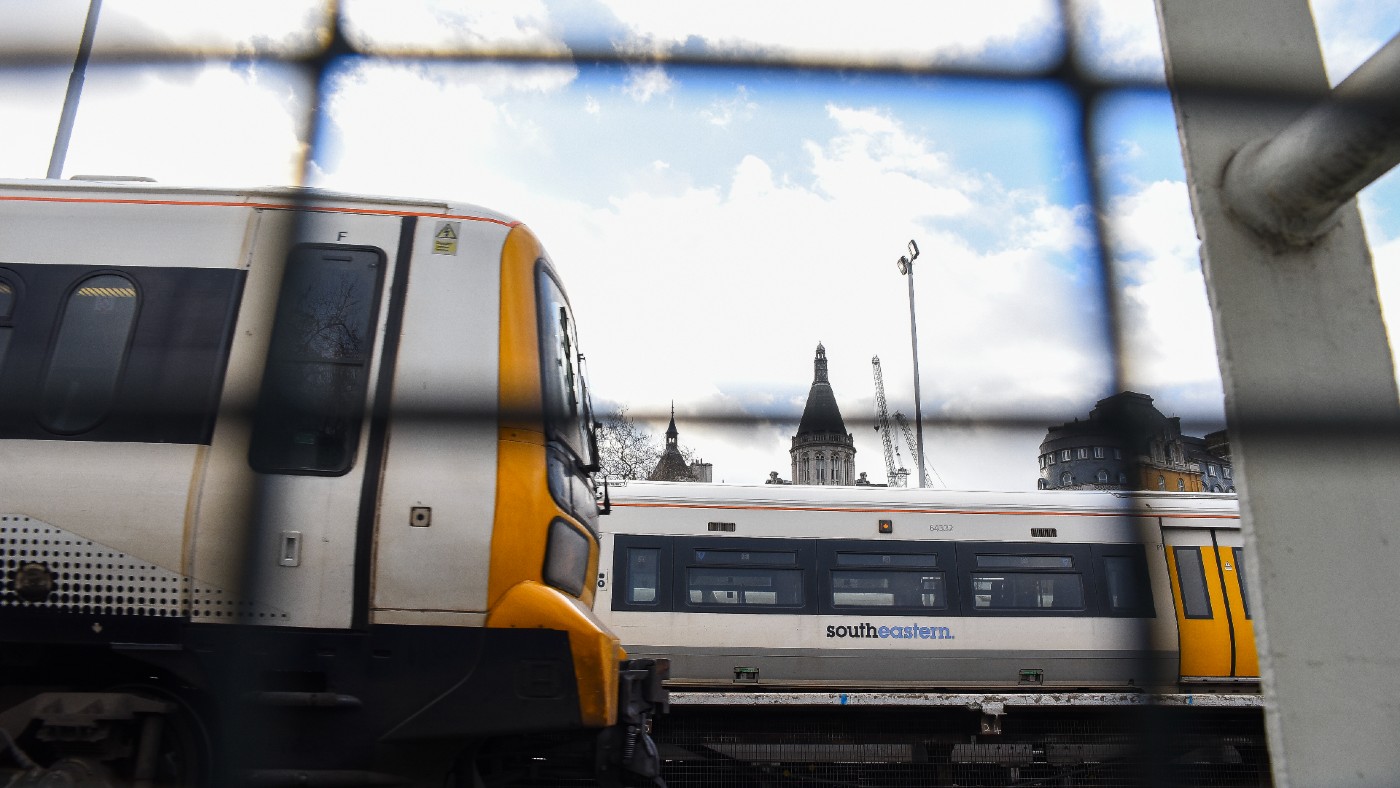 Rail strikes: is Britain on track for a ‘summer of discontent’?
Rail strikes: is Britain on track for a ‘summer of discontent’?Speed Read The ‘biggest rail strike in modern history’ is planned for next week
-
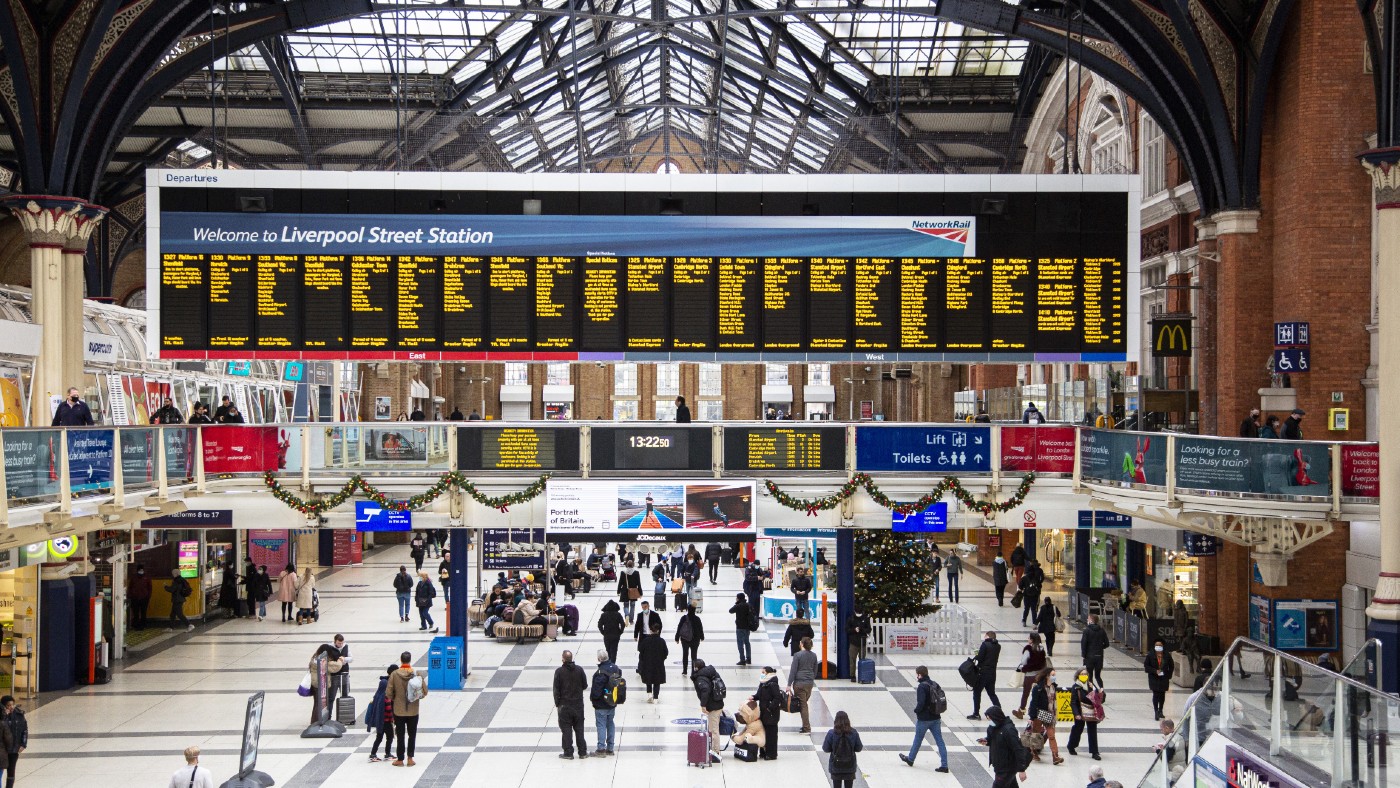 ‘See it. Say it. Sorted’: is it the end of the line for train announcements?
‘See it. Say it. Sorted’: is it the end of the line for train announcements?Speed Read The transport secretary has pledged a ‘bonfire of the banalities’ on England’s railways
-
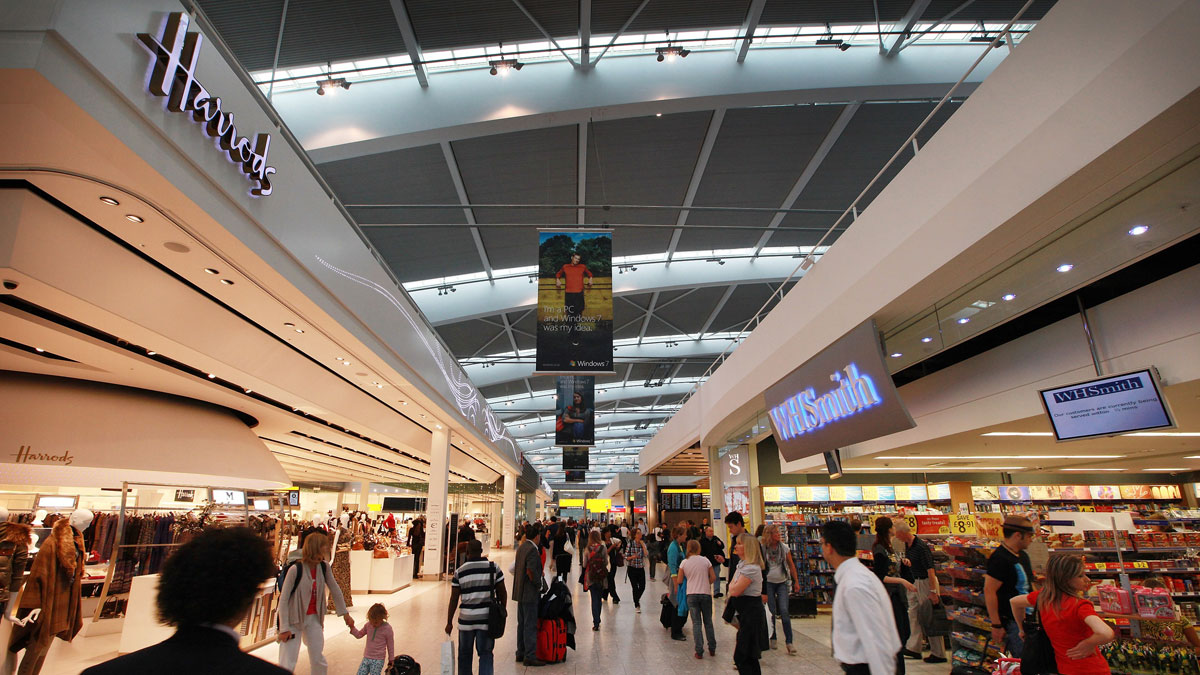 UK to bring in airport Covid tests for arrivals
UK to bring in airport Covid tests for arrivalsSpeed Read MPs call for stricter border measures as South African variant of coronavirus spreads
-
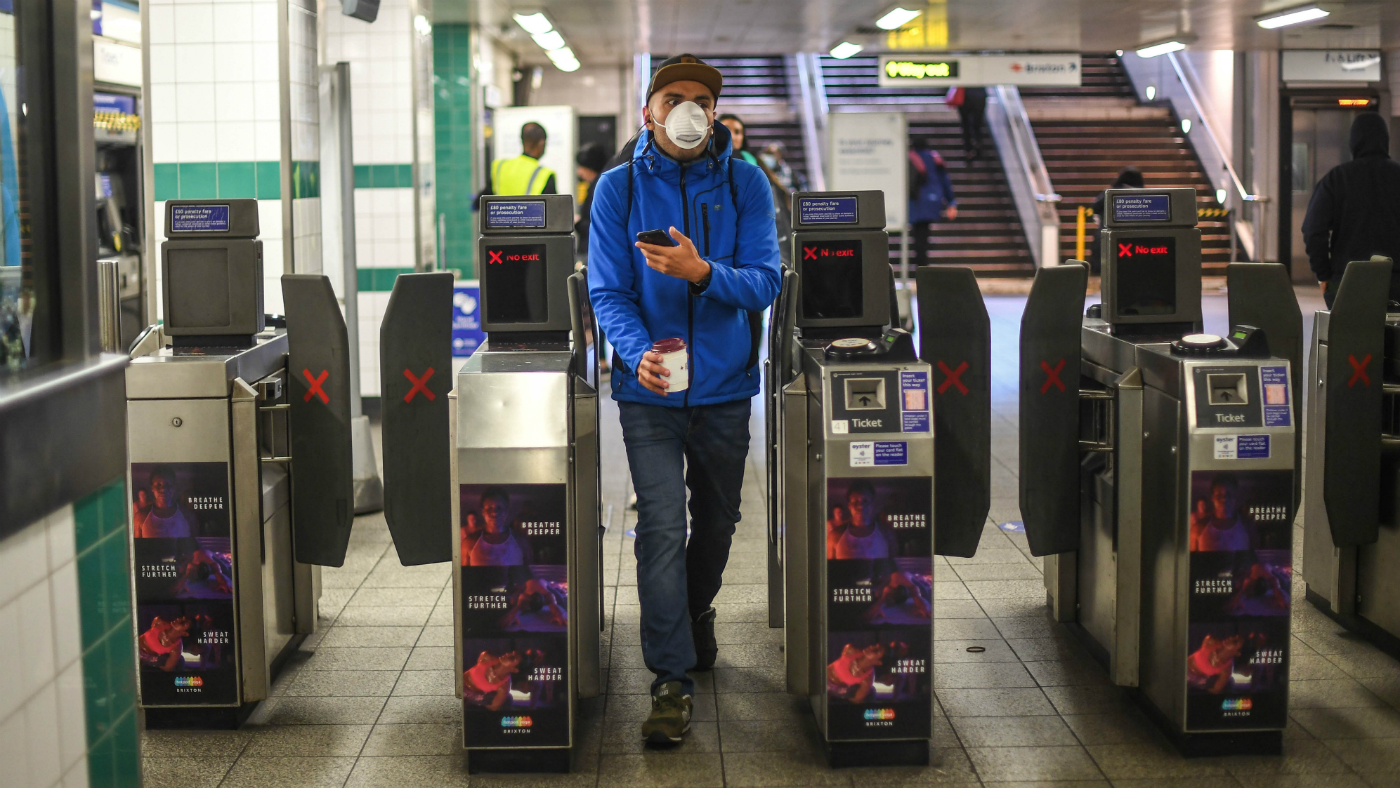 UK records biggest jump in transport use since pandemic began
UK records biggest jump in transport use since pandemic beganSpeed Read Monday rush hour sees spike in commuters across country as trains return to 90% of pre-coronavirus services
-
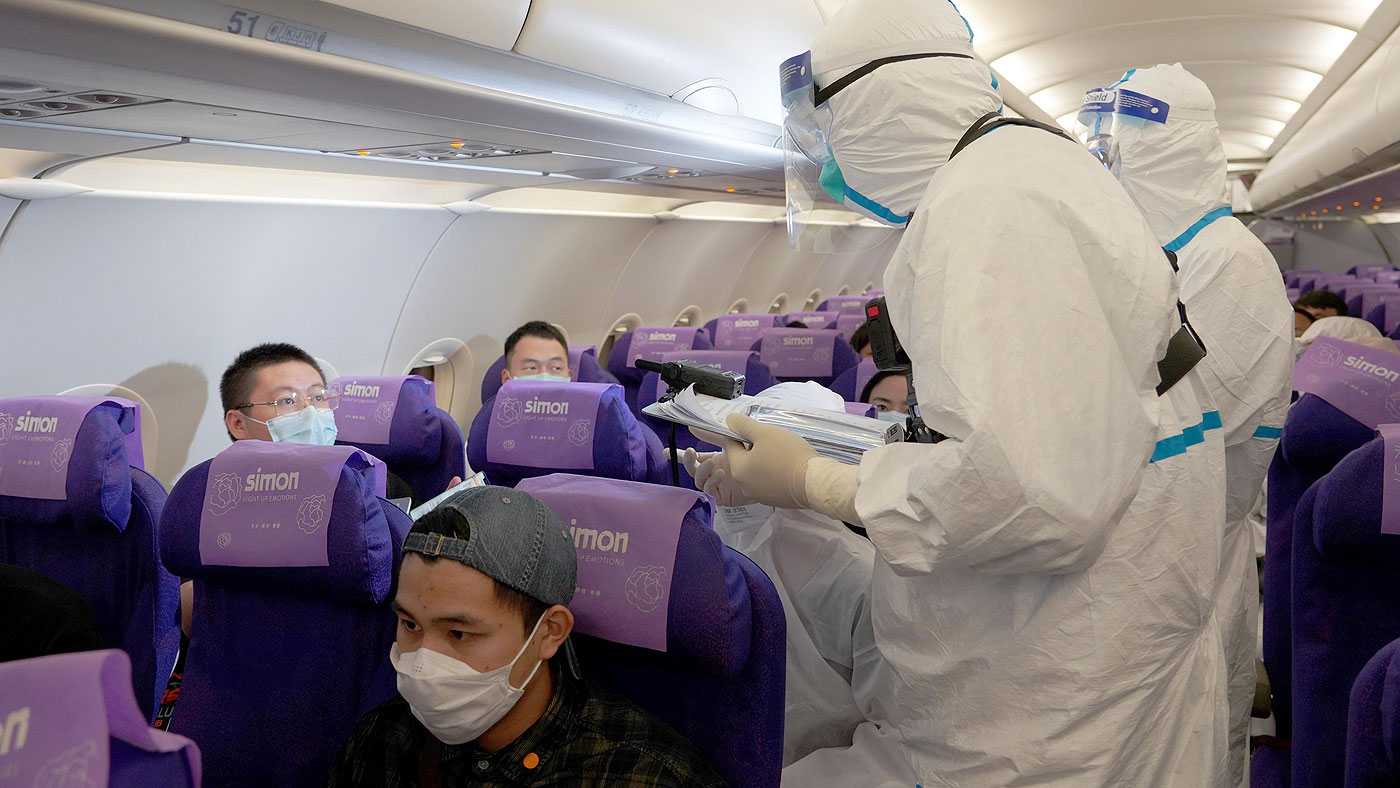 Coronavirus: what are the odds of catching Covid-19 on a plane?
Coronavirus: what are the odds of catching Covid-19 on a plane?Speed Read Studies suggest air travel is safe despite concerns about air quality
-
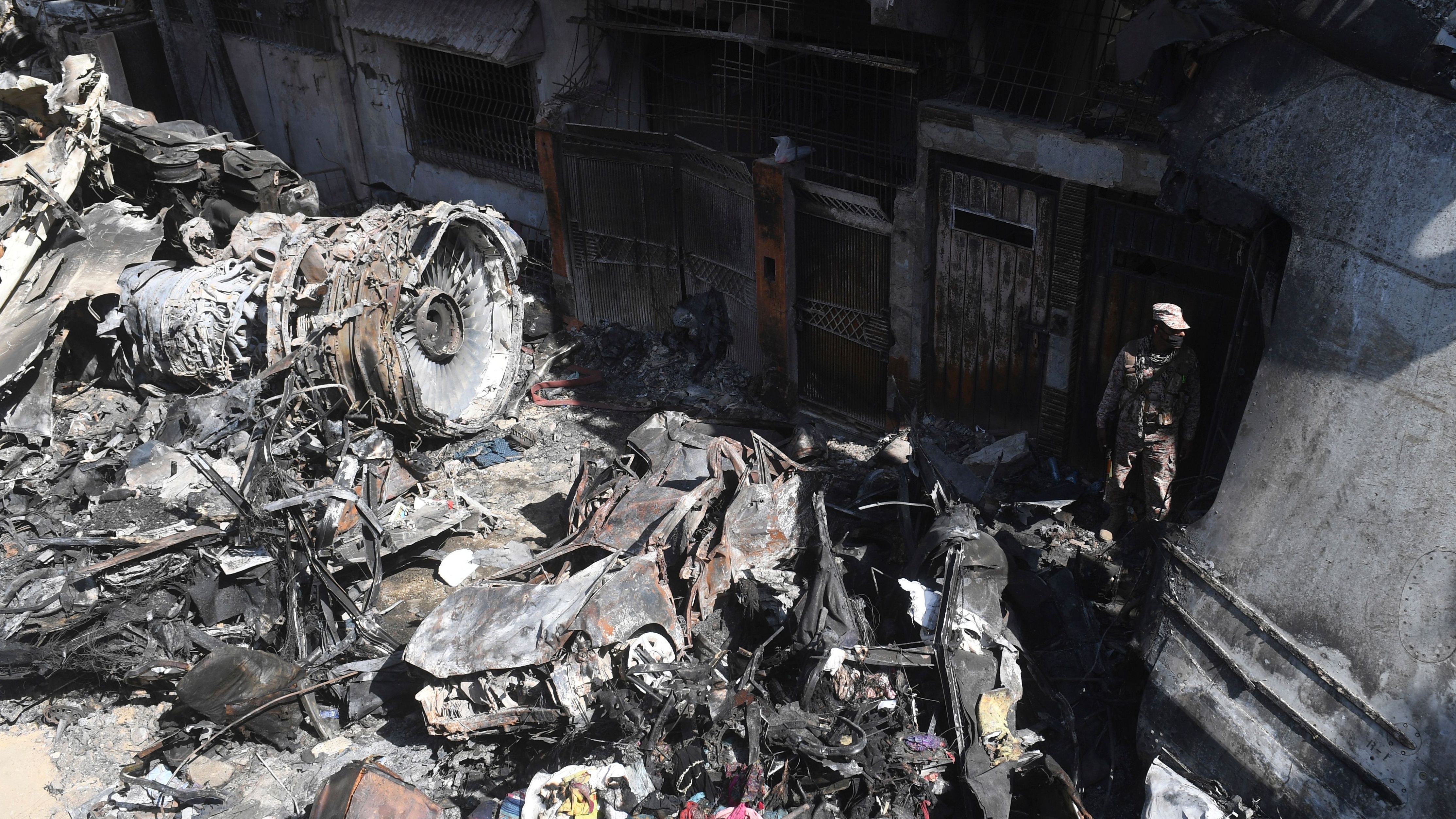 Plane crashed ‘as distracted pilots discussed Covid fears’
Plane crashed ‘as distracted pilots discussed Covid fears’Speed Read Preliminary report says ‘human error’ to blame for crash in Pakistan that claimed 98 lives
-
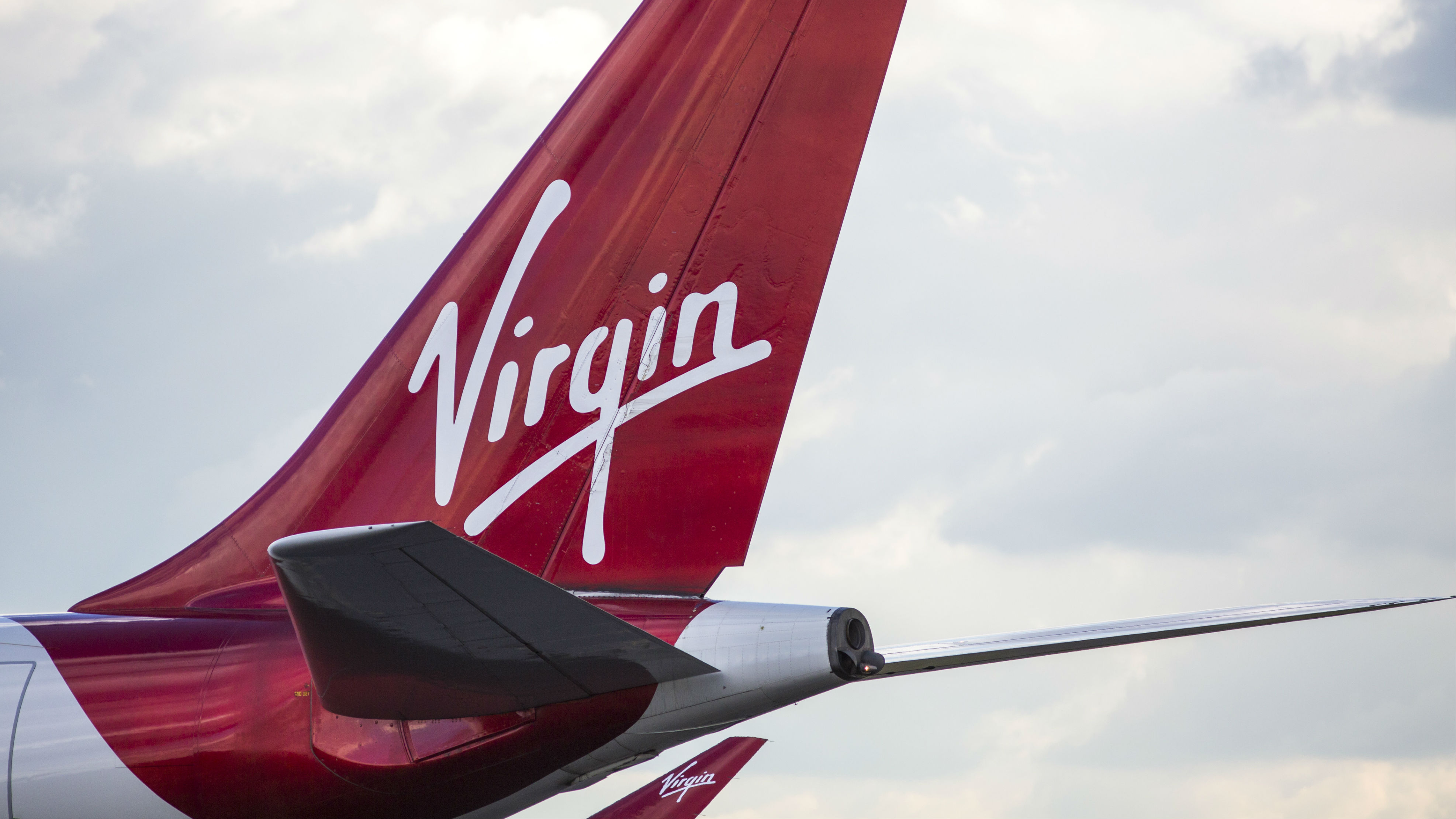 Coronavirus: Virgin Atlantic tells staff to take unpaid leave
Coronavirus: Virgin Atlantic tells staff to take unpaid leaveSpeed Read Move comes amid warnings that global pandemic could bankrupt aviation industry
-
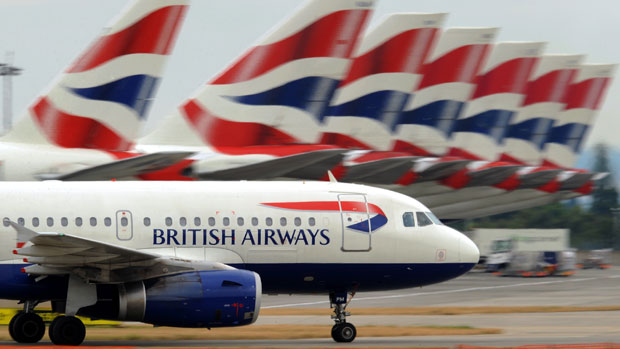 UK airlines call for multibillion-pound coronavirus bailout
UK airlines call for multibillion-pound coronavirus bailoutSpeed Read Demand comes ahead of ‘bloodiest week in British aviation history’